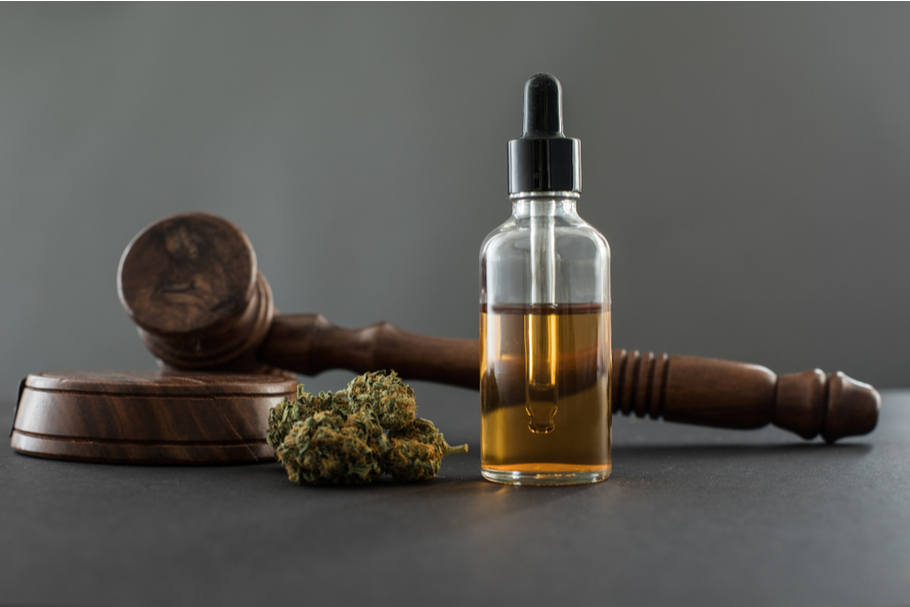How to Blow the Whistle on Food Safety Issues
By Judy Sebastian
The impact of whistleblowing is a long-lasting one. By definition, a whistleblower is an individual who “reveals something covert or who informs against another.” In my opinion, a whistleblower is someone who demonstrates courage, fairness, transparency, and feels morally obligated to do the right thing – even if it means being the only voice in the room that speaks up. To someone who is new to blowing the whistle, it can feel overwhelming if you are unsure what your rights are, or if others within your organization have chosen to remain silent out of fear of retaliation.
Whistleblowing, as an idea, is not a novel one. It is however, steadily gaining momentum as a movement. A plethora of case studies on whistleblowing has demonstrated how speaking up can pave the path to reforming existing policies, changing operating procedures, enhancing the safety or security of the community, and reinforcing one’s trust in the power of ethics and compliance.
Recent whistleblowing cases in the food industry have made us all the more aware of the necessity of speaking up when there is dangerous or illegal behavior occurring. Examples include retired USDA food inspector Phyllis McKelvey who brought to light both worker and animal harm or federal meat inspector Jill Bauer who filed complaints regarding the New Swine Inspection System. This article will explore how food safety professionals can contribute to improvements in food safety culture through whistleblowing, regardless of the professional title they hold.
Grievances and whistleblowing are not the same thing
Some professionals may confuse a grievance, such as working with a “difficult” manager or employee, for blowing the whistle. A great starting point is to identify whether you’re addressing a personal grievance or need to address a situation that has the potential to harm others. A few examples of scenarios that call for whistleblowing include reporting a theft, fraud, social injustice, criminal offenses, discrimination in the workplace, etc. It’s a good idea for organizations to include their policies and procedures on whistleblowing as a part of the new hire onboarding program. This approach lays the foundation for new employees and helps them see that the company values integrity and transparency.
Co-create a culture of speaking up
One area I emphasize on while helping clients build their Food Safety Management System (FSMS), is to co-create a culture of safety along with their employees. We often assign physical safety to the description of food safety, which in turn causes us to lose sight of an equally important aspect – emotional safety. If it isn’t safe for employees to speak up, the organization will be filled with silent bystanders. According to a study conducted by Harvard Business Review, men get credit for voicing solutions but not problems. Women, however, get recognition for neither. Leaders who are passionate about creating equitable workplaces, ought to zoom in on their team dynamics. It is also worth revisiting the choice of vocabulary. For instance, I’ve come across ‘good catches’ and ‘near misses’ being used interchangeably. ‘Good catch’ encourages people to participate in fostering a culture of safety, and to be a part of a shared cause. Here’s something worth trying with your teams – have them list out ‘good catches’ of the week or the month and share their lists with one another. On occasion, it has been known to spur a mild sense of harmless competition, but the deeper impact was that team members held themselves, and others, accountable.
The time to speak up is now
Sudarsan Muralidharan, a Dubai-based Food Safety Manager in the aviation industry, briefly describes why ‘good catches’ can be time sensitive. He explains, “The airline industry is a time bound one and everything works literally like a clock. The global food supply chain is a complex one that requires stringent safety controls and monitoring. Sometimes, us auditors are ridiculed for raising non-compliances if the personnel involved in food preparation do not wash their hands thoroughly. Today, almost a year into the pandemic, hand washing for 20 seconds has been endorsed by the World Health Organization, with an emphasis on the duration of hand washing.”
Should there be a time when you may have to blow the whistle, it is a good idea to speak with a trusted professional, while maintaining the confidentiality of the organization and the individuals involved. Remember to prioritize your safety (especially mental health) and try to check in with yourself – it can feel daunting at times. Know your rights and exercise them well.
About the Author:
Judy Sebastian has a dual specialization in food safety management, and organizational culture transformation. She is the Principal Consultant at Apex Global Consultants (based in Portland, OR) and the senior food safety consultant at Apex Food Consultants (based in Dubai, UAE). Her primary area of focus lies in transforming an organization’s culture through people-development strategies.

-
 FeaturedRisk management
The Cost of a Breach: What a Cyberattack Could Mean for Food Safety Recalls
FeaturedRisk management
The Cost of a Breach: What a Cyberattack Could Mean for Food Safety Recalls
-
 FeaturedRisk management
Securing the Food Chain: How ISO/IEC 27001 Strengthens Cybersecurity
FeaturedRisk management
Securing the Food Chain: How ISO/IEC 27001 Strengthens Cybersecurity
-
 FeaturedRisk management
Revolutionizing Food Safety Training: Breaking Out of the “Check-the-Box” Mentality
FeaturedRisk management
Revolutionizing Food Safety Training: Breaking Out of the “Check-the-Box” Mentality
-
 GFSI Standards
GFSI 2025: Building Trust, Tech-Forward Solutions, and Global Unity in Food Safety
GFSI Standards
GFSI 2025: Building Trust, Tech-Forward Solutions, and Global Unity in Food Safety
-
 FeaturedFood Safety
Integrated Pest Management: Strategies to Protect Your Brand’s Reputation
FeaturedFood Safety
Integrated Pest Management: Strategies to Protect Your Brand’s Reputation
-
 FeaturedFood Safety Culture & Training
No Open Door Policy: Challenges That Impact Pest Control in Food Processing Plants
FeaturedFood Safety Culture & Training
No Open Door Policy: Challenges That Impact Pest Control in Food Processing Plants




